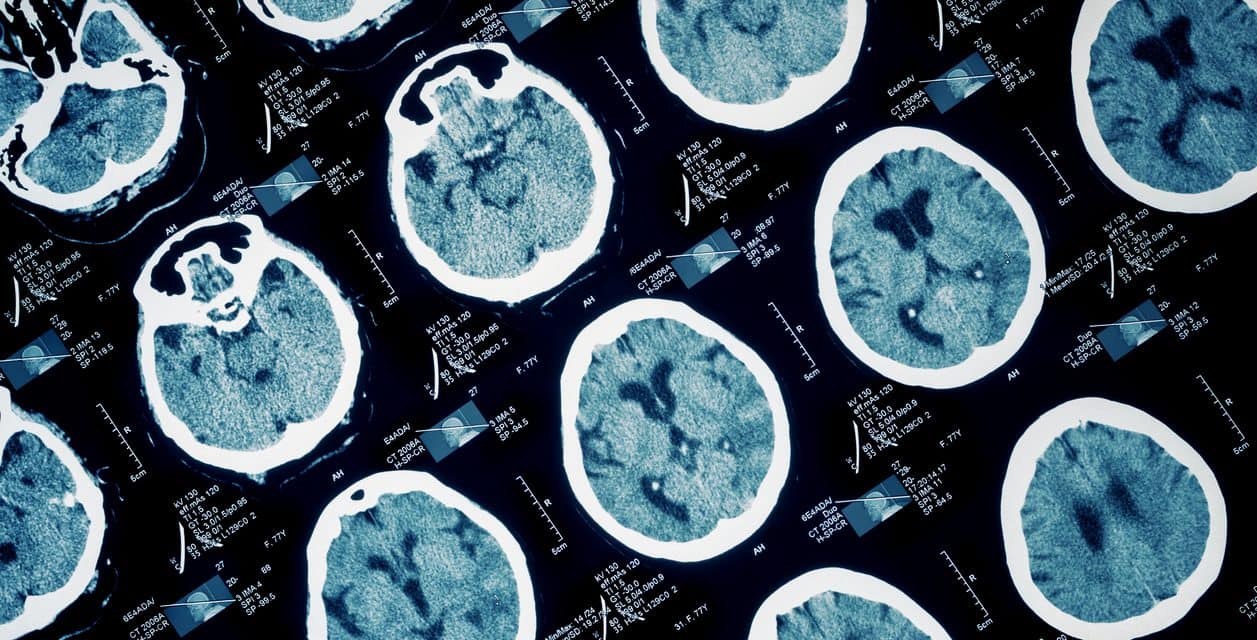For a study, it was determined that Pitt-Hopkins syndrome (PTHS) was a genetic neurodevelopmental condition characterized by intellectual disability. Although its genetic causes were identified, the behavioral manifestation of the condition was still in its early phases. Behavioral and psychological attributes of individuals with PTHS were compared with those of people with Angelman syndrome (AS) and Cornelia de Lange syndrome (CdLS). Questionnaires were designed and administered to parents/caregivers of children with PTHS (n=24), who assessed behaviors linked with autism spectrum disorder (ASD). For most variables, data were compared to data from individuals with AS (n=24) and CdLS (n=24) complemented by adaptive ability, age, and sex. Individuals with PTHS exhibited significantly more difficulty with social communication as well as reciprocal social interaction than individuals with AS, as evidenced by 21 of 22 participants with PTHS who met criteria for ASD on a screening instrument. Individuals with PTHS were observed to be less sociable with people they knew and didn’t know than those with AS, but more sociable with strangers than individuals with CdLS. PTHS children frequently exhibited challenging behaviors, with self-injury (70.8%) occurring at considerably higher rates than in AS (41.7%), and aggression (54.2%) occurring at considerably higher rates than in CdLS (25%). Individuals with PTHS were less happy than those with AS, according to their reports. PTHS was associated with impairments in social communication and reciprocal social interaction, which are typical of ASD. Rates of aggression and self-injurious behavior are far higher than in other genetic syndrome categories, suggesting that they may be clinically significant. PTHS can also be associated with atypical sensory perception. PTHS may include various behavioral and psychological abnormalities, as well as issues in treatment management.
Link:jneurodevdisorders.biomedcentral.com/articles/10.1186/s11689-019-9282-0


